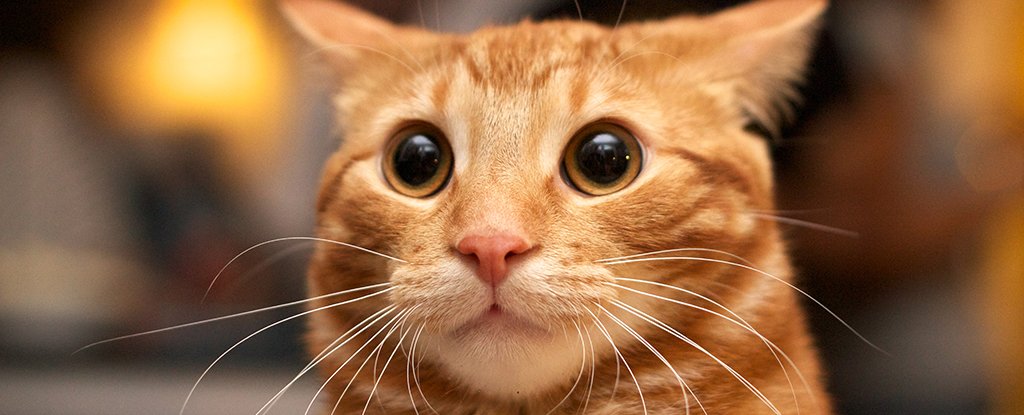 As cats have become domesticated over the last 10,000 years or so, their brains have shrunk significantly in size, a new study confirms – a finding that could lead to important new insights into how animals adapt when they start being regularly kept by human beings.
Researchers compared the size of craniums (an indicator of brain size) between domestic cats (Felis catus) and wild cats from Europe and Africa, now genetically confirmed to be the ancestral species that domestic cats have slowly been evolving from.
The team also looked at hybrids of wild and domestic cats, finding that their brain sizes fell in between the measurements for the other two groups – another indication that it's the domestication that's leading to the changes.
"Our data indicates that domestic cats indeed, have smaller cranial volumes (implying smaller brains) relative to both European wildcats (Felis silvestris) and the wild ancestors of domestic cats, the African wildcats (Felis lybica), verifying older results," the researchers explain in their new paper.
"We further found that hybrids of domestic cats and European wildcats have cranial volumes that cluster between those of the two parent species."
As cats have become domesticated over the last 10,000 years or so, their brains have shrunk significantly in size, a new study confirms – a finding that could lead to important new insights into how animals adapt when they start being regularly kept by human beings.
Researchers compared the size of craniums (an indicator of brain size) between domestic cats (Felis catus) and wild cats from Europe and Africa, now genetically confirmed to be the ancestral species that domestic cats have slowly been evolving from.
The team also looked at hybrids of wild and domestic cats, finding that their brain sizes fell in between the measurements for the other two groups – another indication that it's the domestication that's leading to the changes.
"Our data indicates that domestic cats indeed, have smaller cranial volumes (implying smaller brains) relative to both European wildcats (Felis silvestris) and the wild ancestors of domestic cats, the African wildcats (Felis lybica), verifying older results," the researchers explain in their new paper.
"We further found that hybrids of domestic cats and European wildcats have cranial volumes that cluster between those of the two parent species."
Click to continue reading.